This piece was originally published on Project Syndicate on June 7, 2017.
Many commentators have described Emmanuel Macron’s victory in the French presidential election as a triumph for the center right, because he received votes that otherwise would have gone to the scandal-plagued mainstream conservative candidate, François Fillon.
But this electoral dynamic does not capture the meaning of Macron’s victory. It would be more accurate to say that Macron cut through traditional party divides and stood as a candidate for those who believe that, with proper management and new technologies, European integration and the forces of globalization can deliver widely shared benefits. By contrast, most of Macron’s opponents simply stoked fears about today’s economic realities.
Consider the following statistics from the French presidential election’s first round: 42% of Macron’s supporters have in the past sympathized with the Socialist Party; and another 36% have tended to support centrists. These data indicate that voters on the left and in the center constitute the bulk of Macron’s support base, and that they regarded him as a center-left, rather than a center-right, candidate.
Indeed, Macron hails from the modern, pro-globalization center left. He was most recently a member of former French President François Hollande’s government; and, earlier in his career, his mentor was former Socialist Prime Minister Michel Rocard. But even if Macron did not make a clean break with his political past, he broke through traditional party and political-identity barriers, by reaching out to voters across the political spectrum, except for those on the extreme left and extreme right.
If anything, the many attempts to squeeze Macron into a traditional French political archetype show that European and global politics desperately need to be reframed to account for new arguments, narratives, and fault lines.
The transitional government that Macron formed just after the election reflects great diversity, not only in terms of gender, but also with respect to political experience and affiliation. Macron’s cabinet draws from centrist, leftist, and right-leaning parties, including the Socialists and Greens. But his appointment of center-right Republicans such as Bruno Le Maire and Gérald Darmanin is of particular importance, because polling data indicate that Macron’s message resonated the least with right-leaning voters.
Moreover, by appointing Édouard Philippe, also of the Republicans, as his prime minister, Macron firmed up his commitment to transforming French politics. His government will span the political spectrum from day one. And with such diverse political representation, Macron could bolster the prospects of his own party, La République En Marche !, in the National Assembly election this month. A strong showing would significantly improve his chances of fulfilling key campaign promises.
As a social-liberal policymaker with a good understanding of how the global economy works, Macron could become what progressives everywhere have been looking for. To do that, he will have to forge a new social contract that protects the most vulnerable from the rapid shifts and abrupt disruptions inherent in a flexible, open twenty-first-century economy. This is undoubtedly a huge challenge. But if Macron succeeds, he will have delivered on reformists’ long-held idea of “modernity.”
A new French social contract for the twenty-first century must rest on three pillars, starting with strong social-security policies, which will allow for improved labor-market flexibility and greater economic dynamism. For example, France’s current system would be much more efficient if it accounted for today’s increasingly mobile workers. French citizens would all benefit from more portable social-protection measures that follow them throughout their lives, whether they are pursuing new jobs or education and retraining opportunities.
The second pillar is an industrial system that fosters technological diffusion and innovation, and encourages entrepreneurship, so that new entrants can compete with incumbent firms across all sectors. And, finally, any new social contract must maintain a firm commitment to economic openness, European integration, and globalization.
Those who voted for Macron in the first round of the election – when the field was still crowded with other candidates – believe that these three pillars are not just compatible, but mutually reinforcing. Whereas candidates on the left have traditionally focused only on social solidarity – sometimes to the point of rejecting European integration – Macron has promised to stand simultaneously for social justice, growth, and openness. And for those on the center right, he has promised that, with reformed social policies, France can also have more market flexibility and innovation.
By developing a new social contract, Macron could redraw the French political map. Right now, France is essentially stuck with “double conservatism,” whereby conservatives on the right argue for weaker social policies as a means to improve competitiveness, while “conservatives” on the left argue that that the existing system simply cannot be reformed. Under Macron, a new progressive political system that is based on a synthesis of social policies and liberalization could gradually emerge.
Moreover, Macron will not be playing defense with respect to Europe. He has made his full commitment to the European project well known, and an important section of the French population seems to be standing with him. Unlike many of his opponents in the election, Macron sees Europe as a source of solutions, not problems.
A successful Macron presidency would represent a step forward in using the EU’s attractive scale, pooled risk, and greater influence in global affairs to turn Europe into an engine of human progress. That is a fitting role for France and its president.
The Brookings Institution is committed to quality, independence, and impact.
We are supported by a diverse array of funders. In line with our values and policies, each Brookings publication represents the sole views of its author(s).
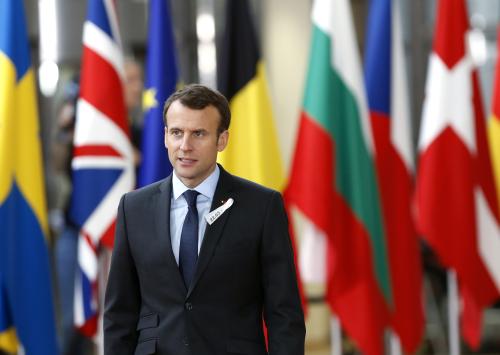
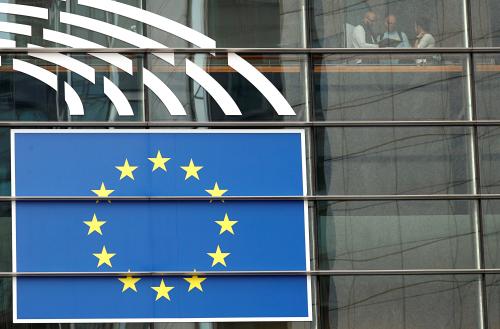
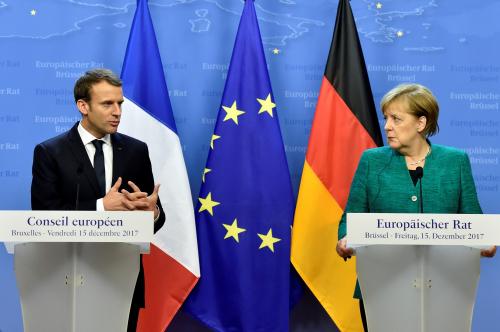
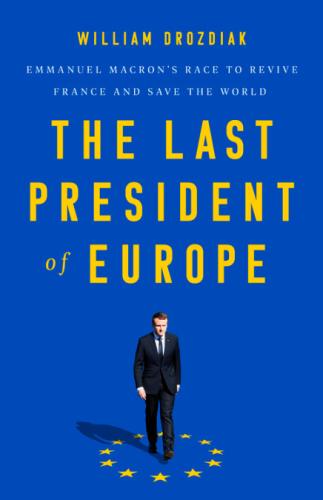

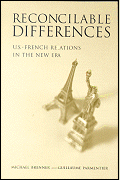
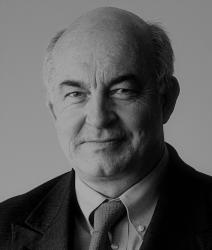



Commentary
Op-edCan Macron redraw the political map?
06/07/2017